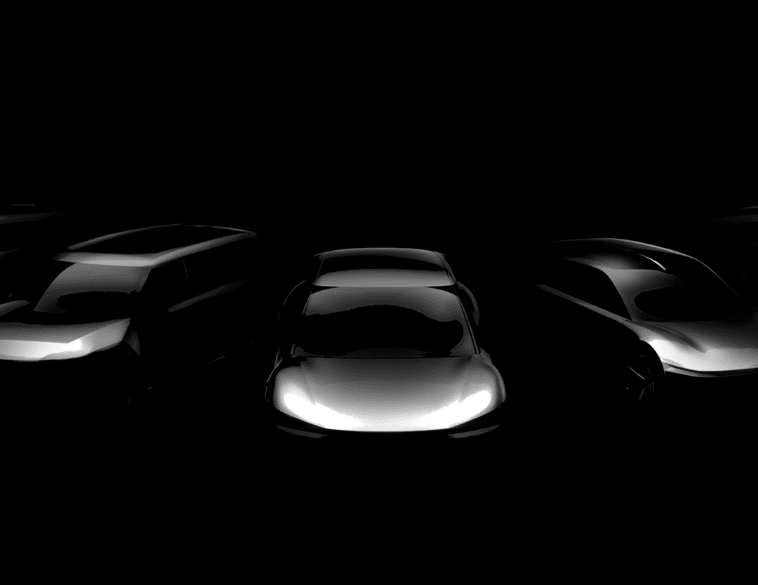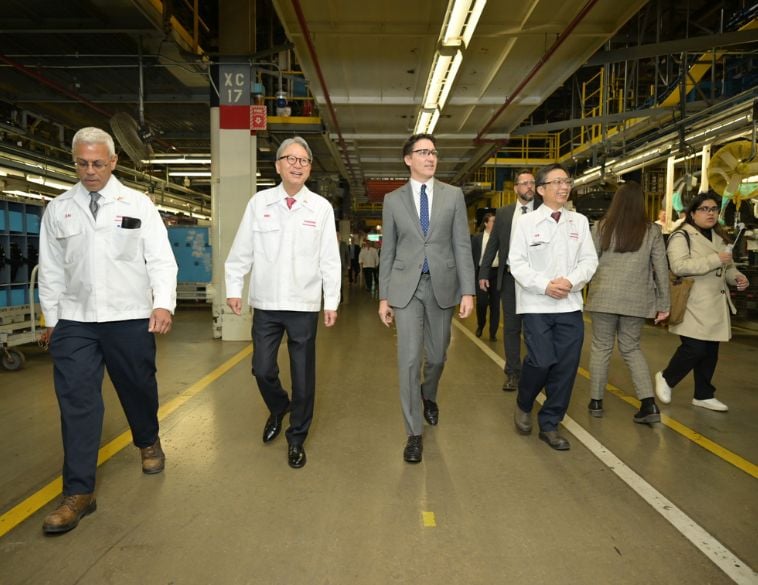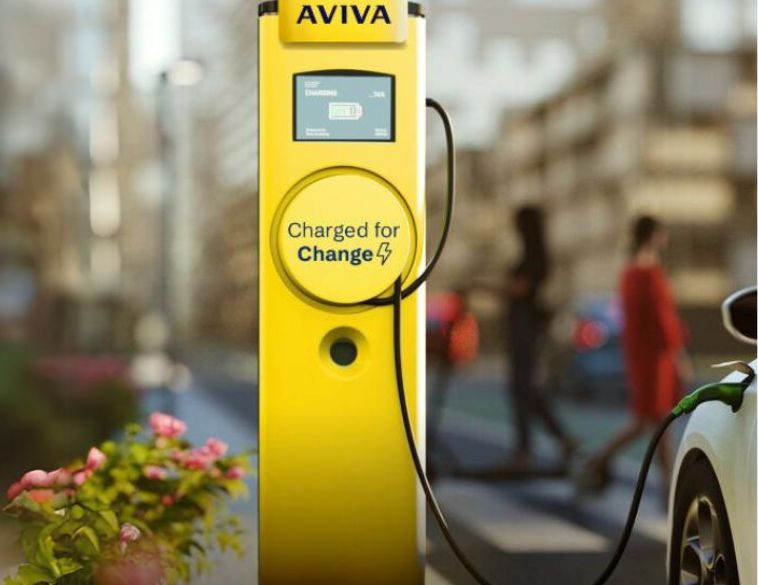Details of Kia’s future EV product strategy were announced during an event at the brand’s Hwasung plant in Korea.
The brand will partner with EV charging companies worldwide.
“Kia has sold more than 100,000 BEVs worldwide since the introduction of our first mass-produced BEV in 2011, the Kia Ray EV, ” said CEO Song. “Since then, we have started to introduce a range of new BEVs for global markets and announced plans to accelerate this process in the years ahead. By refocusing our business on electrification, we are aiming for BEVs to account for 25 percent of our total worldwide sales by 2029.”
Under Kia’s ‘Plan S’ strategy, announced at the start of 2020, the brand plans to expand its BEV line-up to 11 models by 2025. Seven dedicated BEVs in the sketch revealed today will be launched by 2027. The first of these BEVs, code-named CV, will be revealed in 2021 as the brand’s first dedicated BEV, destined for many regions globally.
Kia’s ‘Plan S’ strategy – a transition to electrification
Earlier in January, Kia Motors unveiled its ‘Plan S’ strategy, outlining the brand’s plans to transition its future businesses to focus on BEVs and mobility solutions. Kia is focused on securing a global EV leadership position by launching dedicated BEV models and innovating in areas such as production, sales and services.
They are undergoing a company-wide transformation in order to realize ‘Plan S’. The CV model, due to launch in 2021, will encapsulate the brand’s attitude towards innovation and change, presenting a new design direction that signifies Kia’s transition to an EV-focused business strategy.
Kia is planning to respond to market demands by offering a range of models suitable for urban centres, long-range journeys, and performance driving. By adapting its new Electric-Global Modular Platform (E-GMP), Kia will be able to offer vehicles with best-in-class interior spaciousness.
Sales and service infrastructure
Kia is also seeking to innovate its sales practices for EVs. The brand is exploring options like EV battery leasing and rental programs, and other ‘second-life’ battery-related businesses.
In addition, Kia plans to expand its global after service infrastructure for EVs. Kia aims to increase its number of dedicated EV work bays in Korea to 1,200 by 2030. In other markets worldwide, Kia will increase its number of EV work bays to 600 by the end of this year, and more than 2,000 by 2023. Kia also plans to develop its own programs to train EV maintenance professionals.
Worldwide, Kia is establishing more than 2,400 EV chargers in Europe and around 500 in North America, partnering with its dealer networks. Kia plans to continue to increase its charging infrastructure in line with the growing market for EVs.
Kia is supporting its efforts to establish a leadership position in the global EV market through active collaboration with governments and by engaging in other commercial partnerships.



